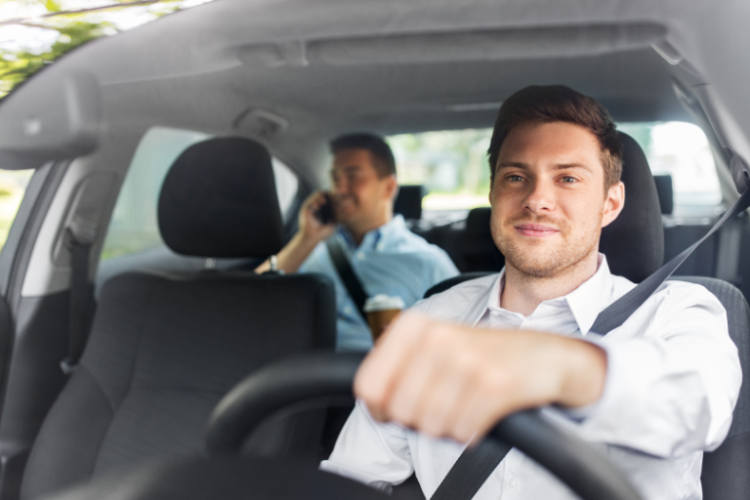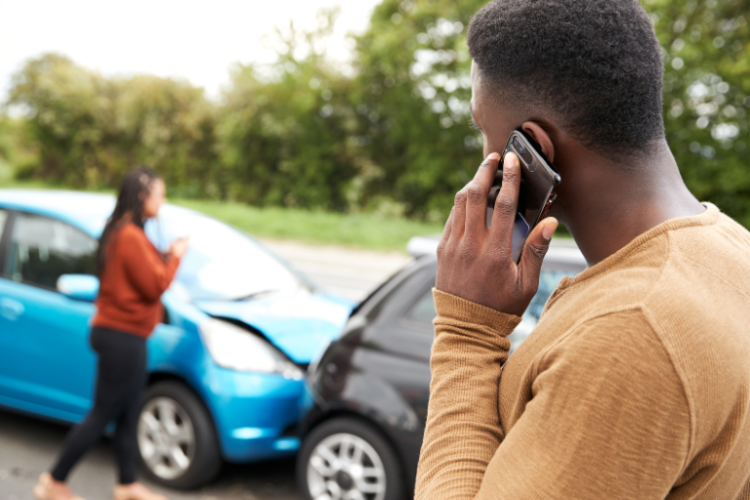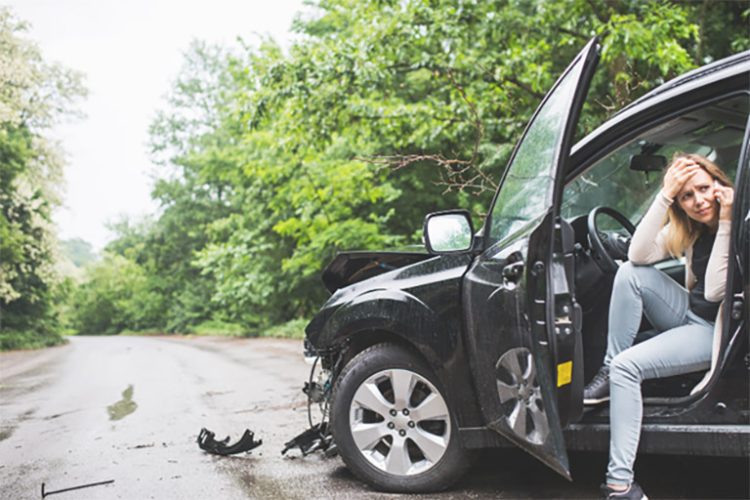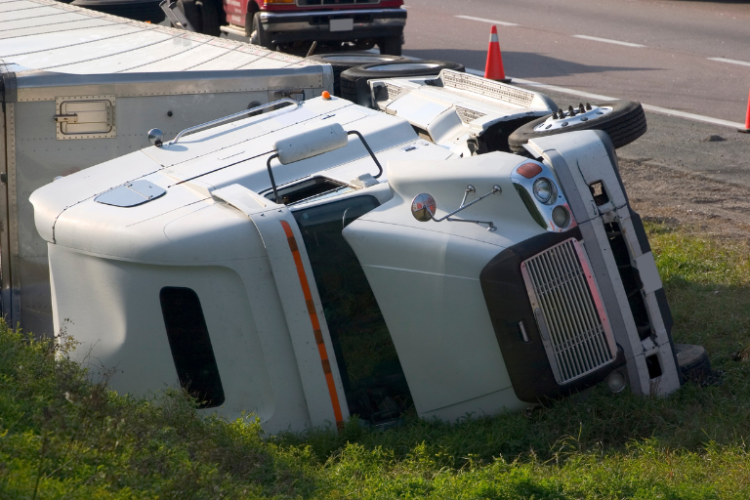Dedicated To Serving You
The Elia & Ponto Law Firm
At Michigan car accident lawyer, we comprehend the devastation an injury can carry the accident sufferer and their family. Our firm is ready to help victims of car accidents, semi-truck accidents, and motorcycle collisions and Michigan pedestrian accident as well as those who need help with Michigan slip and fall accidents.
Contact Elia & Ponto, your Michigan car accident lawyer today!
July 3, 2025
Insurance Coverage in Rideshare Accidents: Understanding the Policies of Uber and Lyft
Whether you’re hailing an Uber to go home from class or booking a Lyft after an enjoyable night in Detroit, rideshare services have become a common part of daily life. This is especially true for young adults and city commuters. So, what steps should you take if you’re involved in an accident while using one of these services?
June 5, 2025
Injured in an Accident? Why You Need Auto Insurance and a Top Personal Injury Lawyer Near You
In Michigan, the arrival of spring and summer brings longer days, warmer weather, and the joy of hitting the open road. During these seasons, traffic typically increases as more drivers travel for vacations, outdoor activities, and weekend getaways. However, with this rise in road activity comes an increased risk of car accidents. And when they do, the physical, emotional, and financial toll can be overwhelming. Whether you’re 30 and commuting daily to provide for your family, or 60 and retired, auto insurance is not just a legal requirement — it’s your first line of defense when life takes an unexpected turn. It is critical to understand Michigan’s no-fault insurance laws and their implications.
May 22, 2025
Elia & Ponto: Serving Justice, Strengthening Community
At Elia and Ponto, we understand the profound impact an accident can have on your life, often leaving a trail of disruption, confusion, and stress. That’s why our dedicated legal team is wholeheartedly committed to advocating for those affected by the negligence of others.
In this blog, we will showcase the diverse array of services that Elia & Ponto provides, aiming to arm you with not only top-notch legal representation but also valuable educational resources our legal team is equipped to protect your rights and seek the compensation you deserve.
April 8, 2025
Hit and Run Accidents: Essential Legal Steps to Take
A hit and run accident can leave victims feeling bewildered, vulnerable, and uncertain about their next steps. At Elia & Ponto, we understand the complexities of these incidents and are dedicated to guiding you through the necessary legal actions to protect your rights and pursue justice.
March 18, 2025
What are the Most Common Causes of Truck Accidents?
One of every eight auto accident fatalities in the United States involves large commercial trucks, such as big rigs or tractor trailers. The aftermath of such incidents is particularly complex due to the unique legal considerations inherent in accidents involving semi-trucks. As a distinguished law firm with a proficient grasp of personal injury litigation, Elia & Ponto provides comprehensive legal services to those affected by these daunting events. We recognize the enormous impact these accidents have on individuals and are committed to addressing the specific legal issues that arise when a semi-truck is involved, both in Michigan and nationwide.





